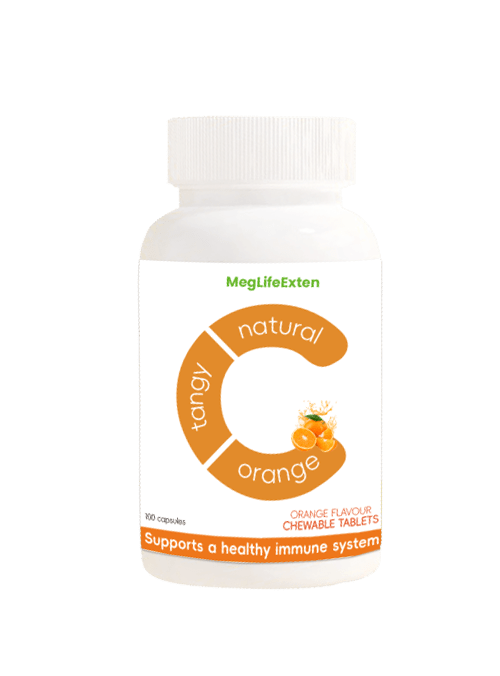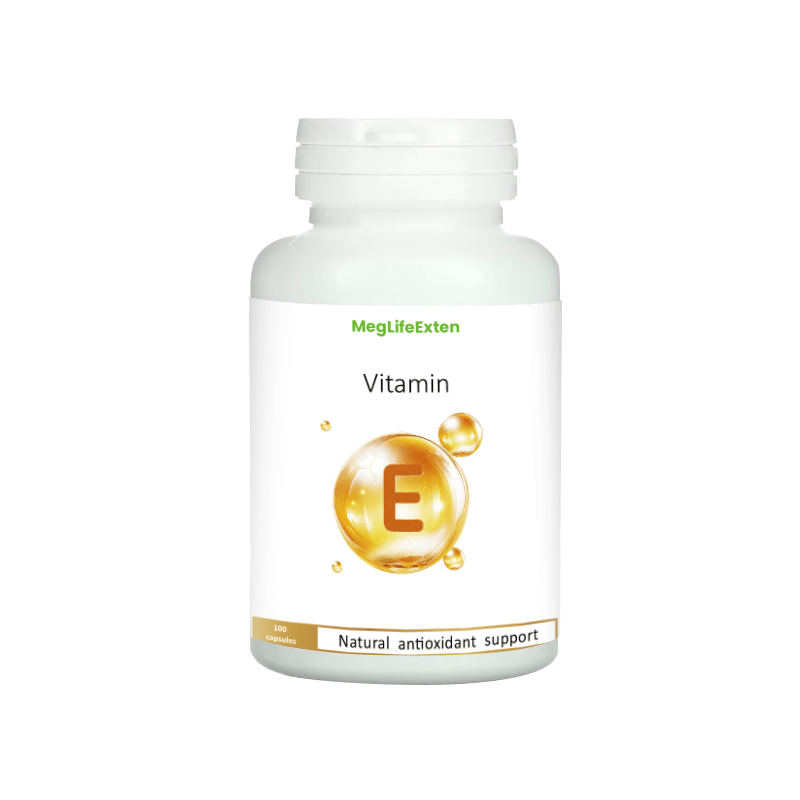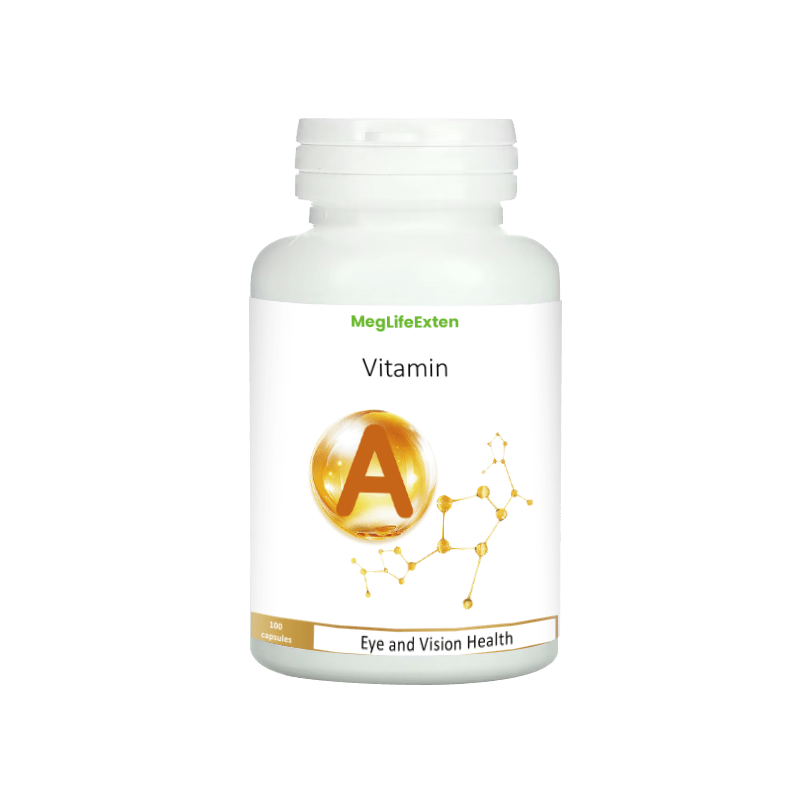
- The HealthHub
- …
- The HealthHub
- The HealthHub
- …
- The HealthHub
Our Products

Vitamin C
Vitamin C, also known as ascorbic acid, is a water-soluble vitamin that plays a critical role in your health. “It’s what’s known as an essential nutrient, meaning that your body doesn’t make it".
And of course, the word “essential” means that your body really needs it. But what for? Well, all kinds of things, including healthy skin, bones, eyes and more.
Vitamin C is a powerful antioxidant, helping to defend your body against cell damage. It also plays an important role in growing and developing tissues, healing wounds and keeping your immune system strong.

vitamin E
Vitamin E is a fat-soluble vitamin, meaning your body absorbs and transports it like dietary fats. It’s also an antioxidant, a compound that fights free radicals, which raise your risk of getting certain diseases, but antioxidants clean up their damage.
But despite what you see on nutrition labels, vitamin E isn’t a single vitamin. This nutrient actually comes in eight different forms:
- Alpha-tocopherol.
- Beta-tocopherol.
- Delta-tocopherol.
- Gamma-tocopherol.
- Alpha- tocotrienol.
- Beta-tocotrienol.
- Delta-tocotrienol.
- Gamma-tocotrienol.
Alpha-tocopherol is the most common type and is found in the highest quantities in your body’s tissues and liver. But that doesn’t mean other types are less valuable. Each form of vitamin E has its own unique antioxidant abilities — and food sources often contain a mix of two or more types of vitamin E.

vitamin A
Vitamin A is a critical vitamin that helps your body develop and function properly. There are two types of vitamin A, which come from different sources:
- Carotenoids (provitamin A) are found in plant-based foods, such as carrots and sweet potatoes, fortified foods (where vitamins are added) and supplements. To digest carotenoids, your body needs healthy fats to change (convert) them into the other, active form of vitamin A (retinol). One of the most common carotenoids is beta-carotene, which is responsible for giving plants their orange and red pigments.
- Retinoids (retinol or preformed vitamin A) are found in animal-based foods, such as eggs, fish, milk and liver. Your body can use this form of vitamin A right away.


